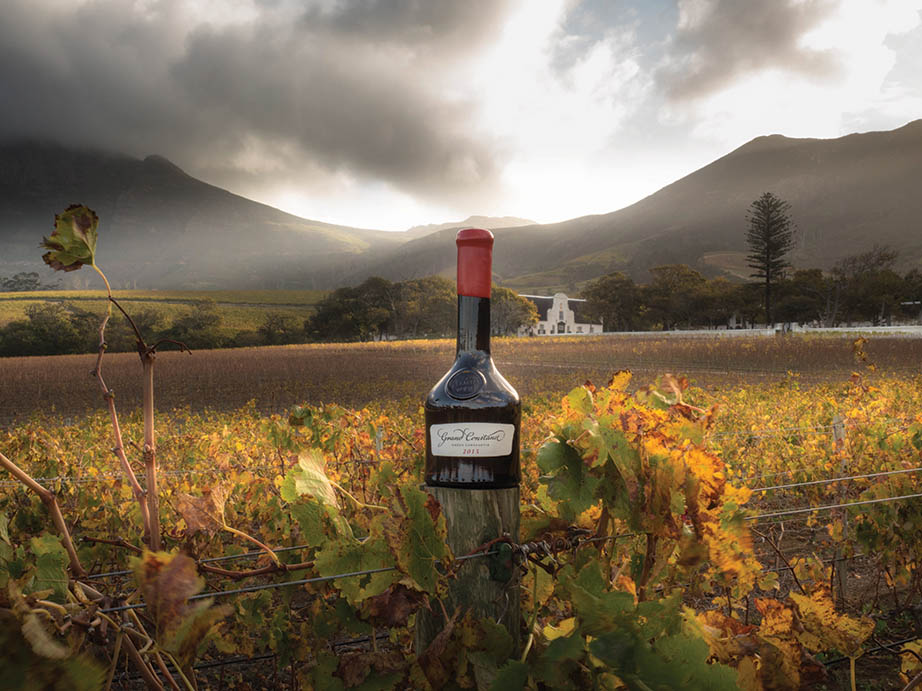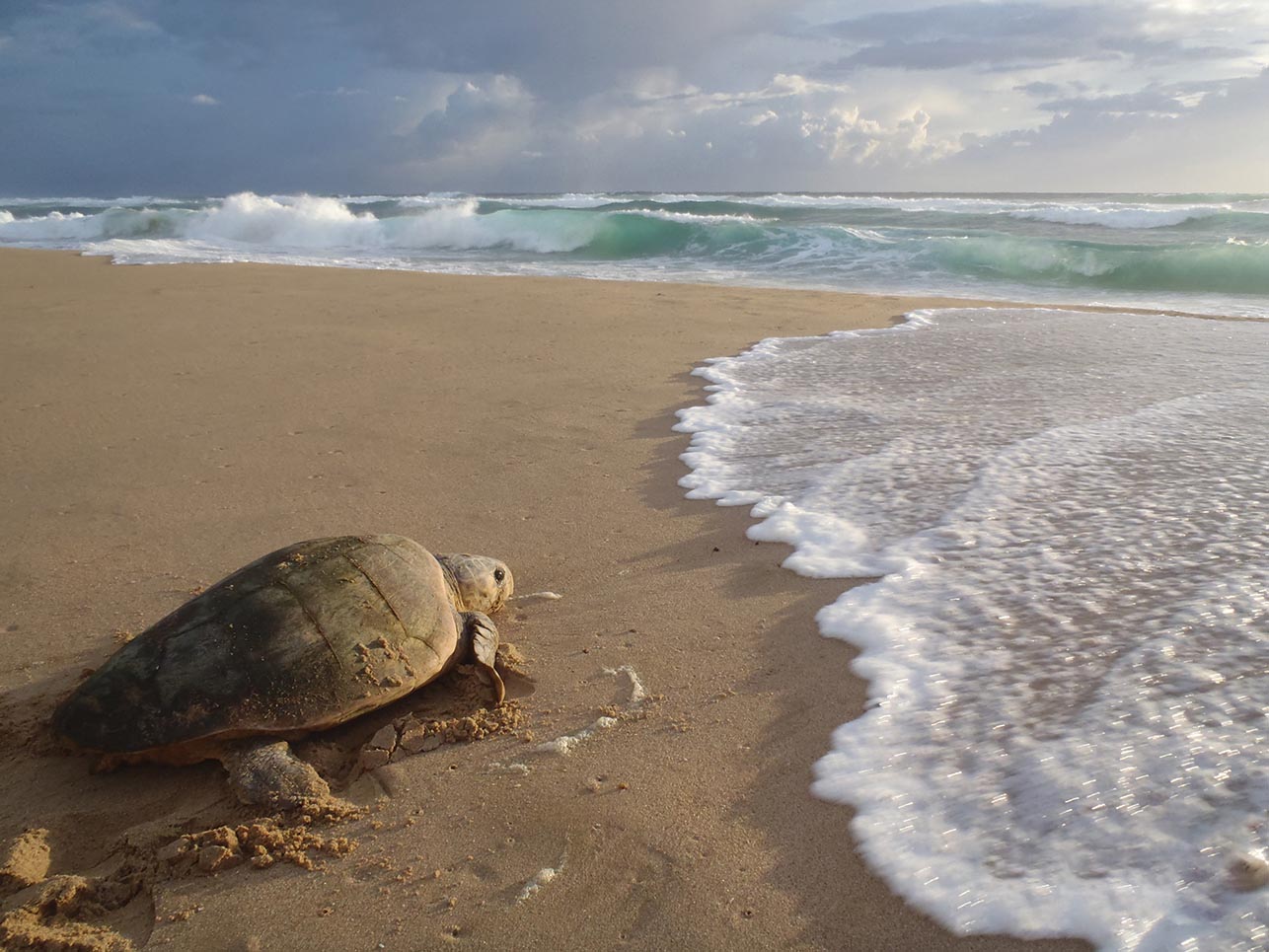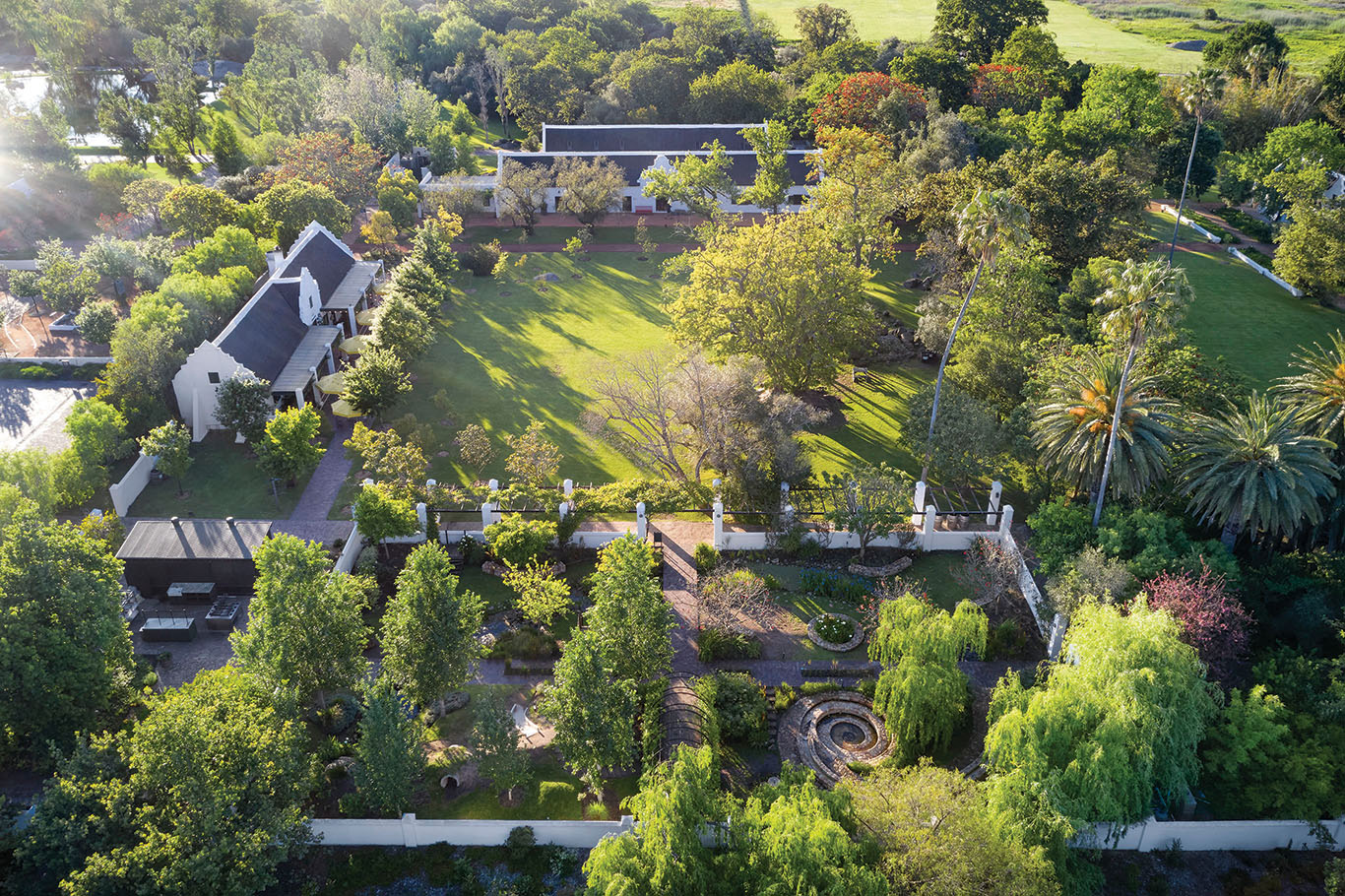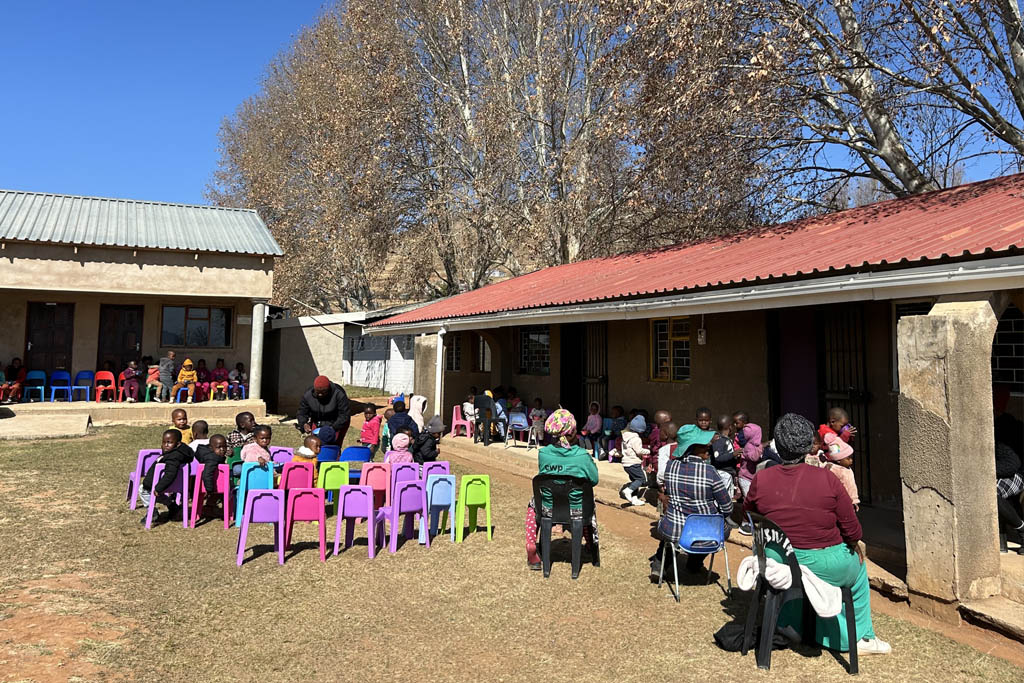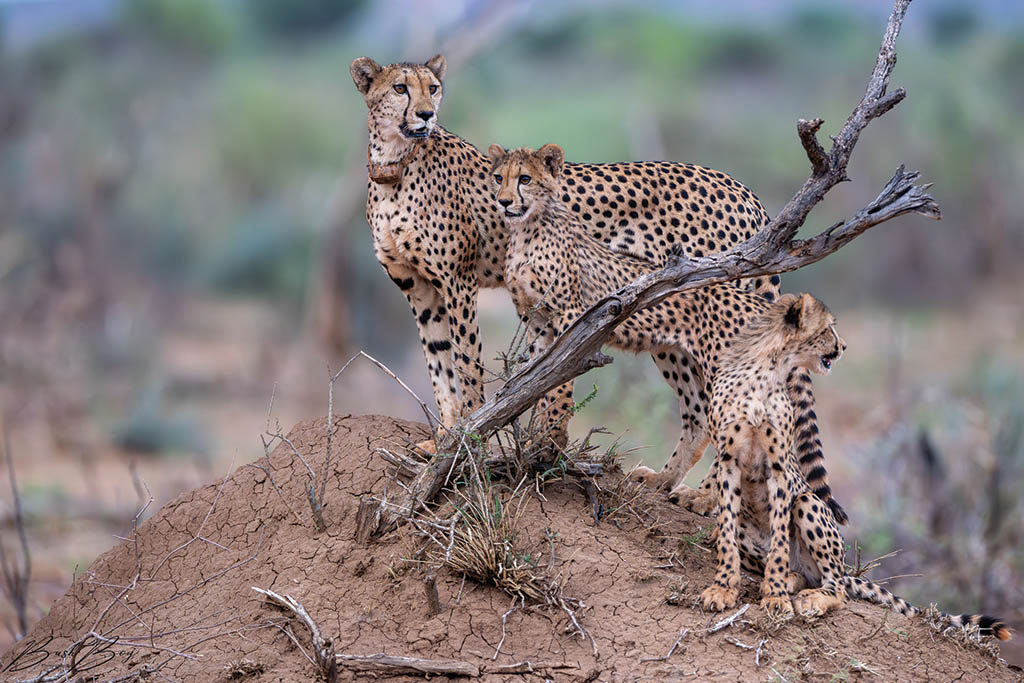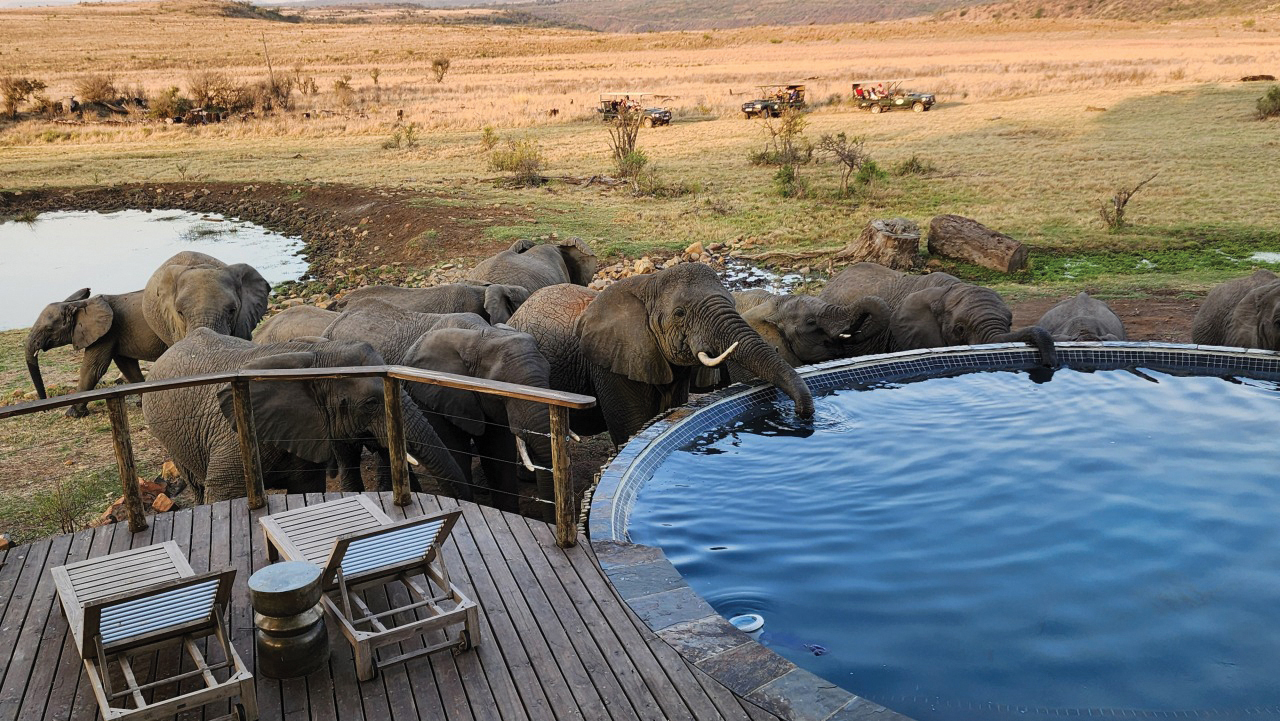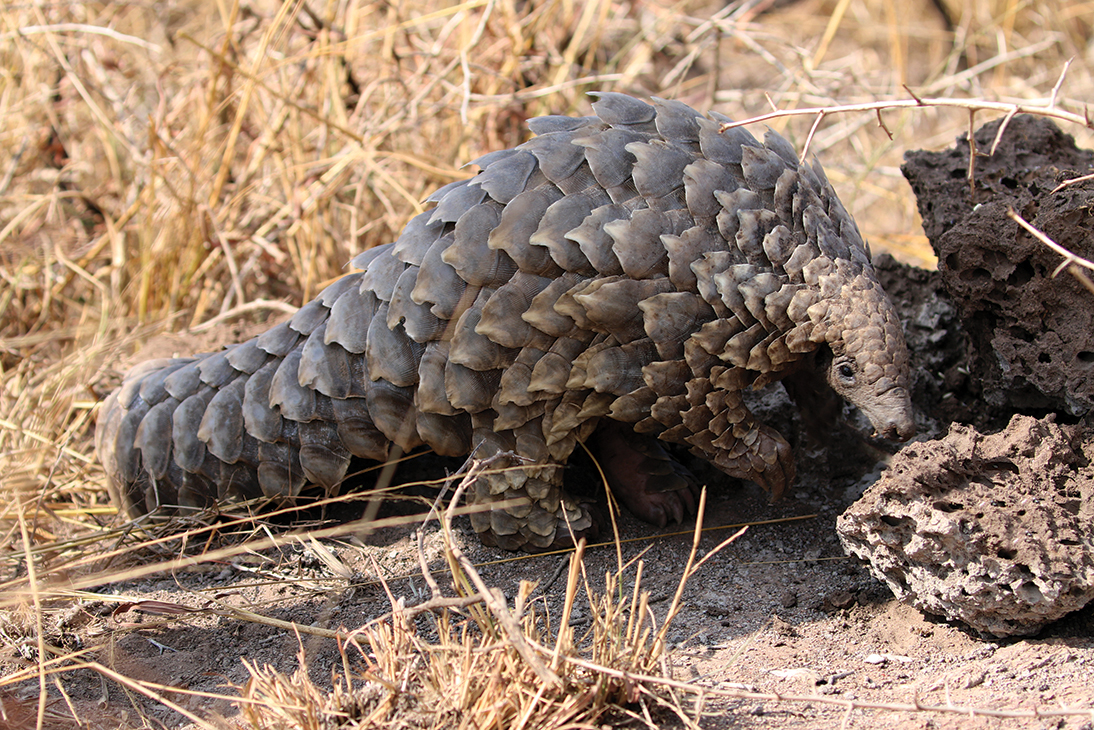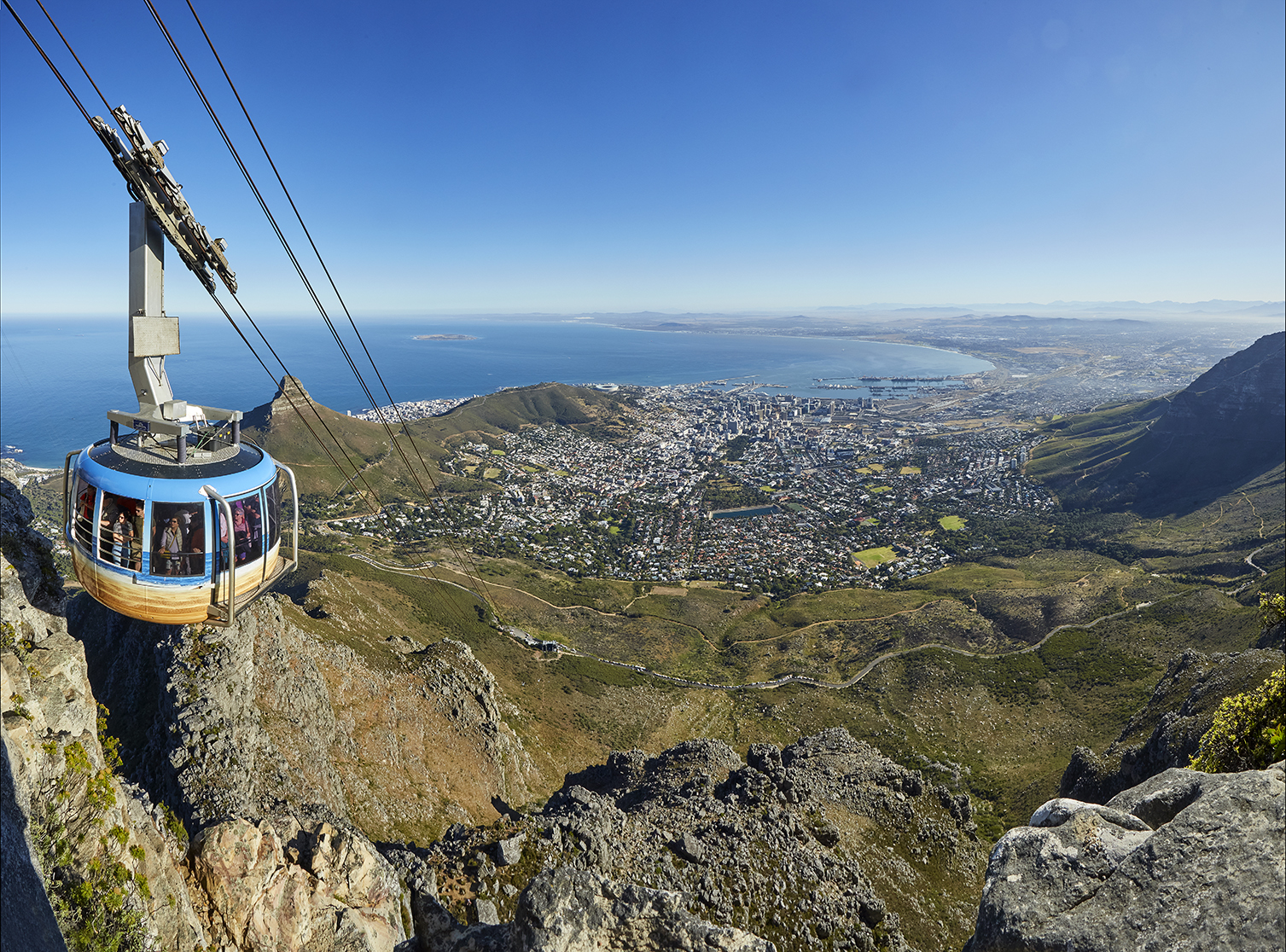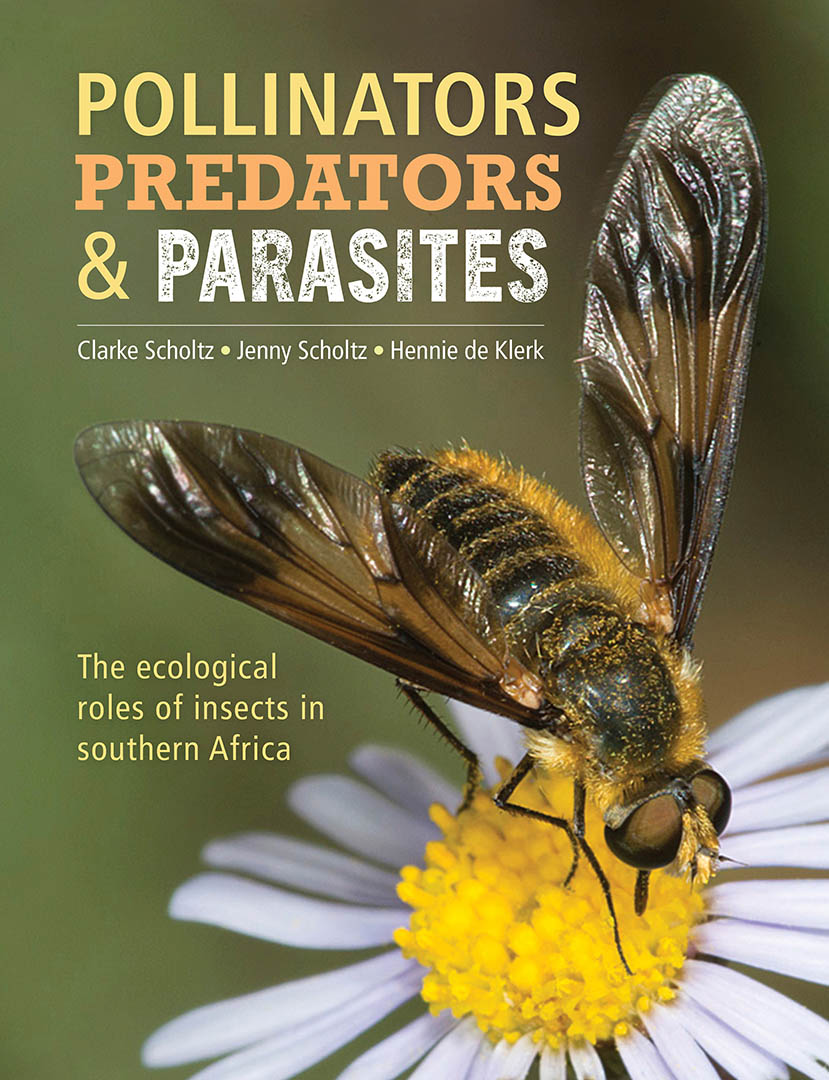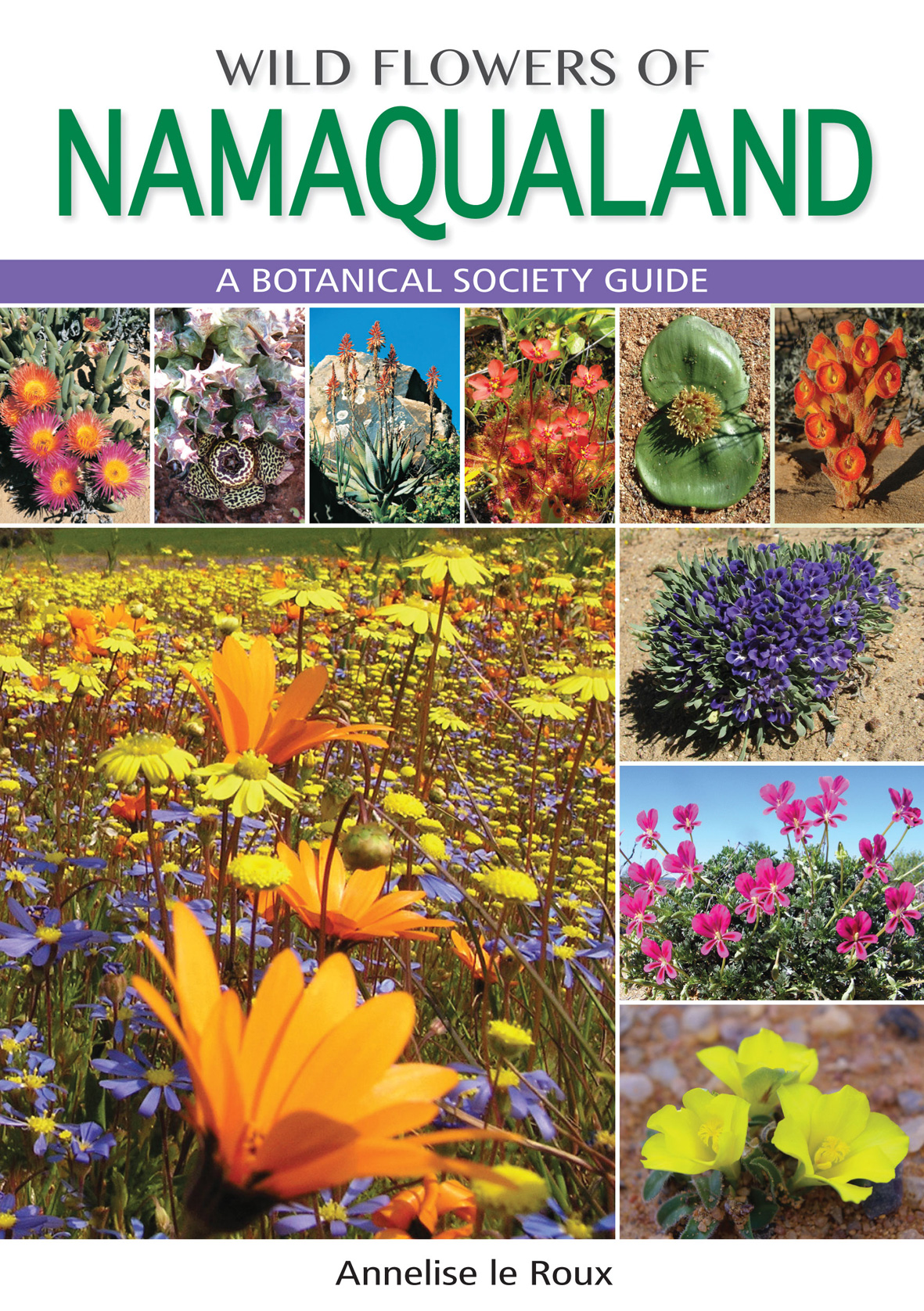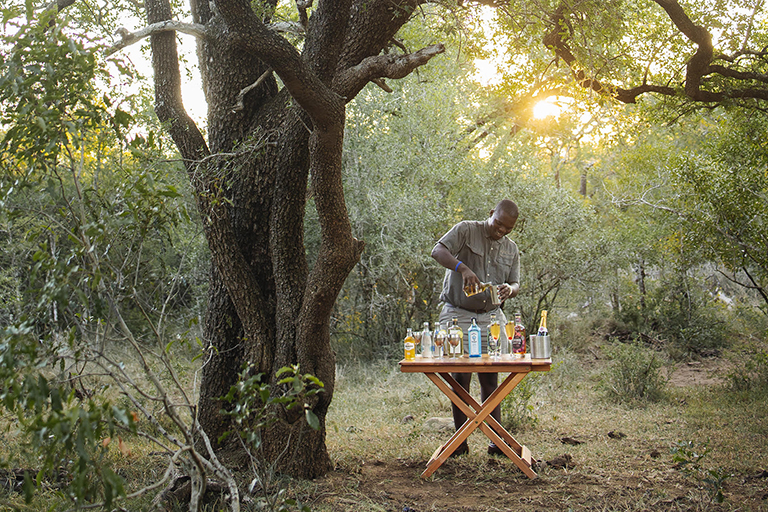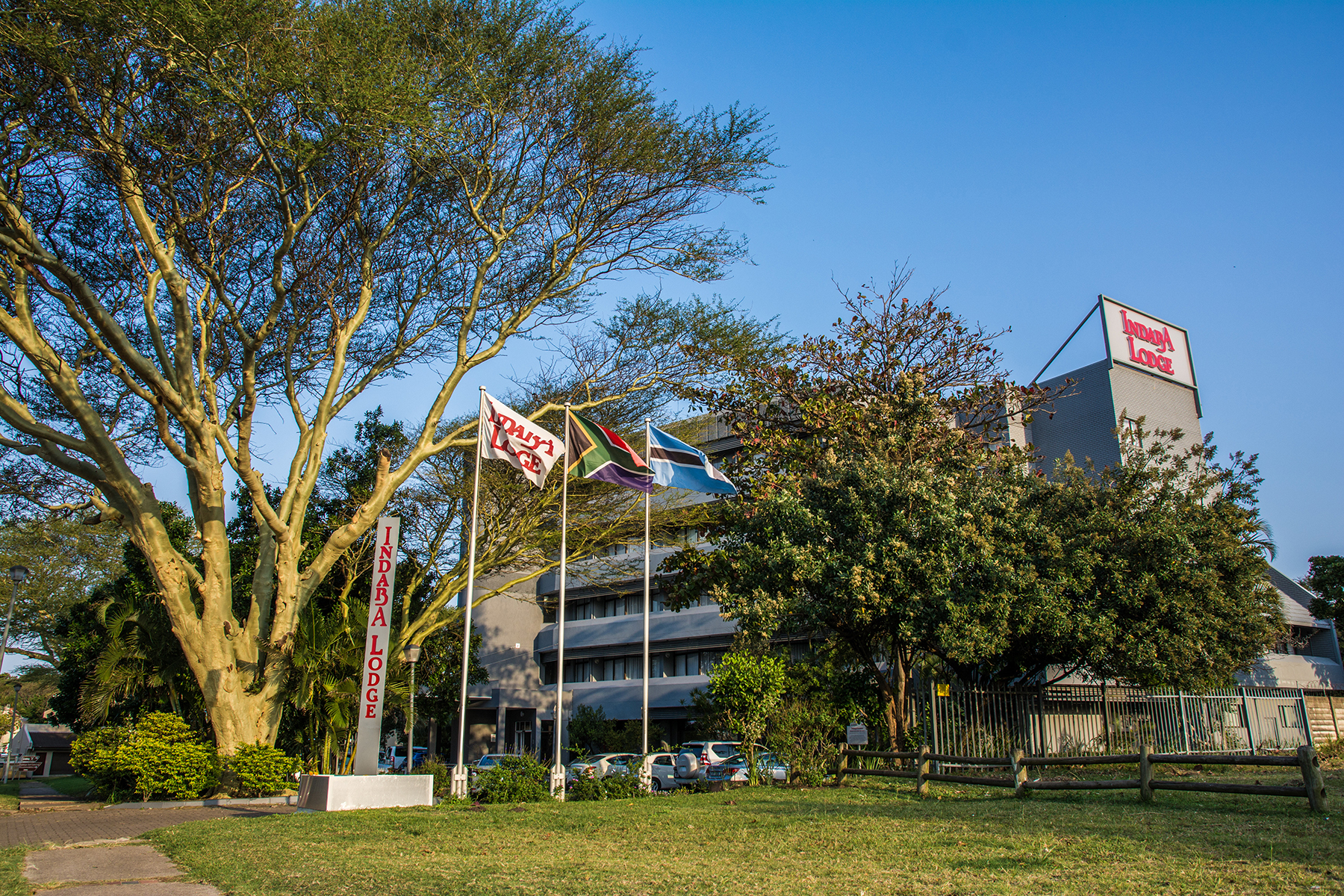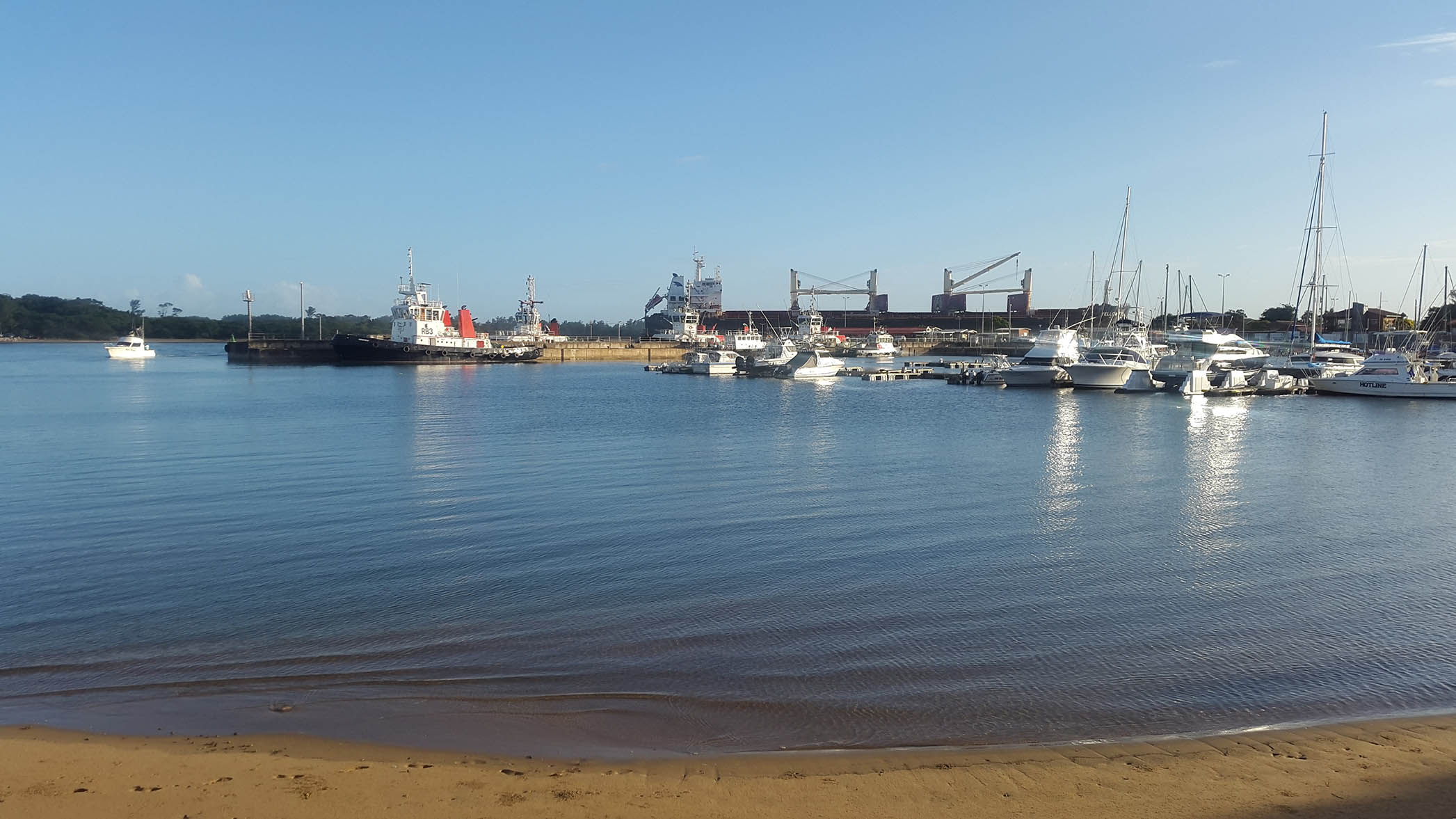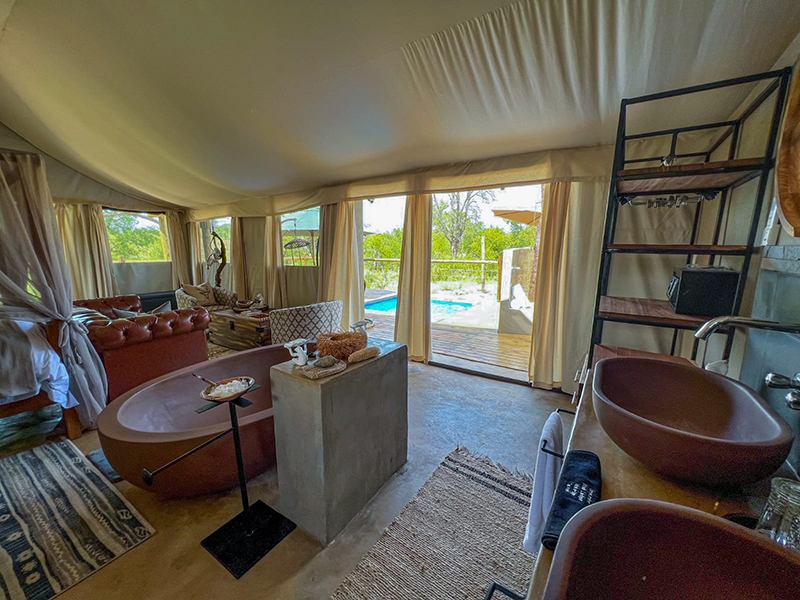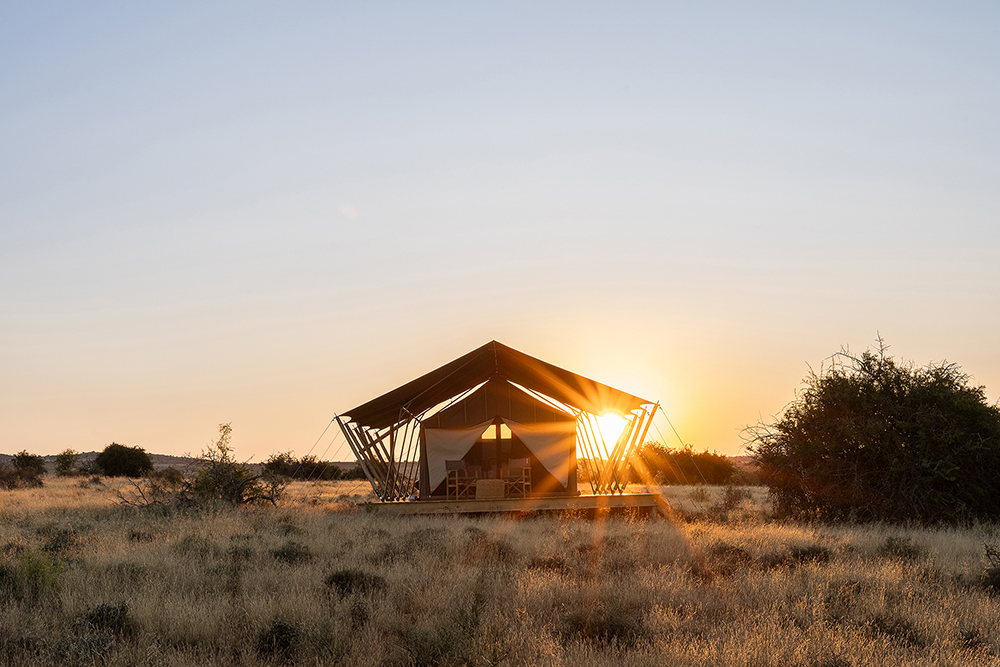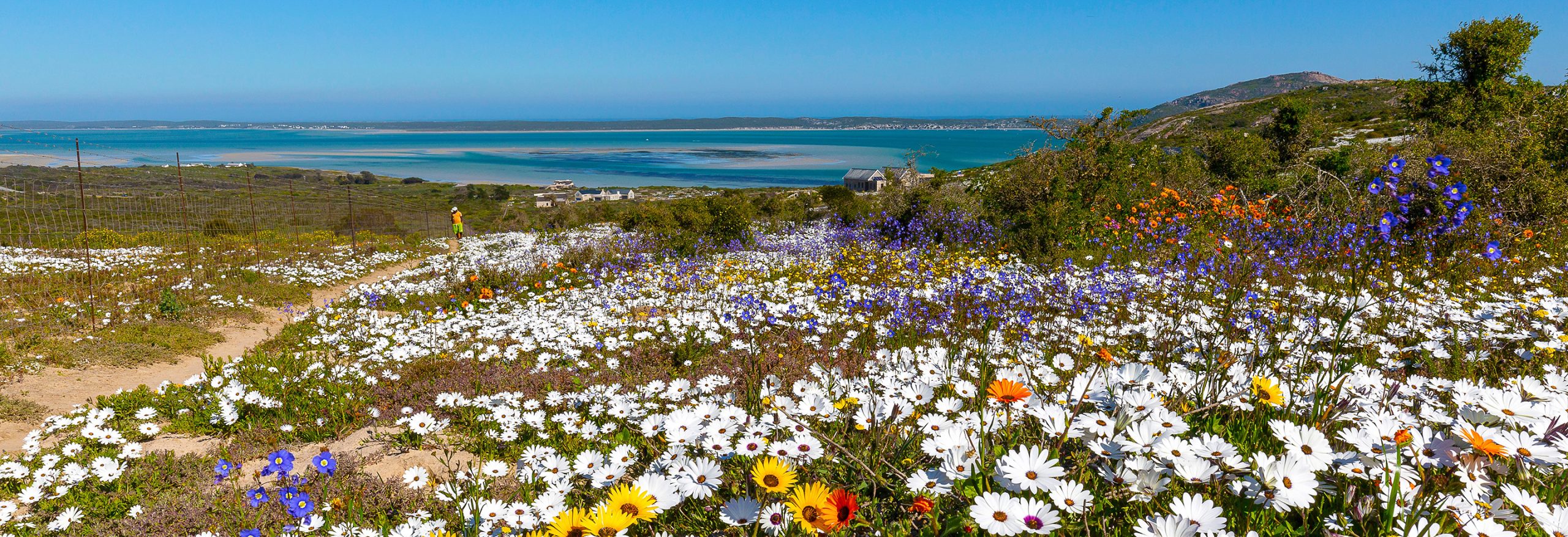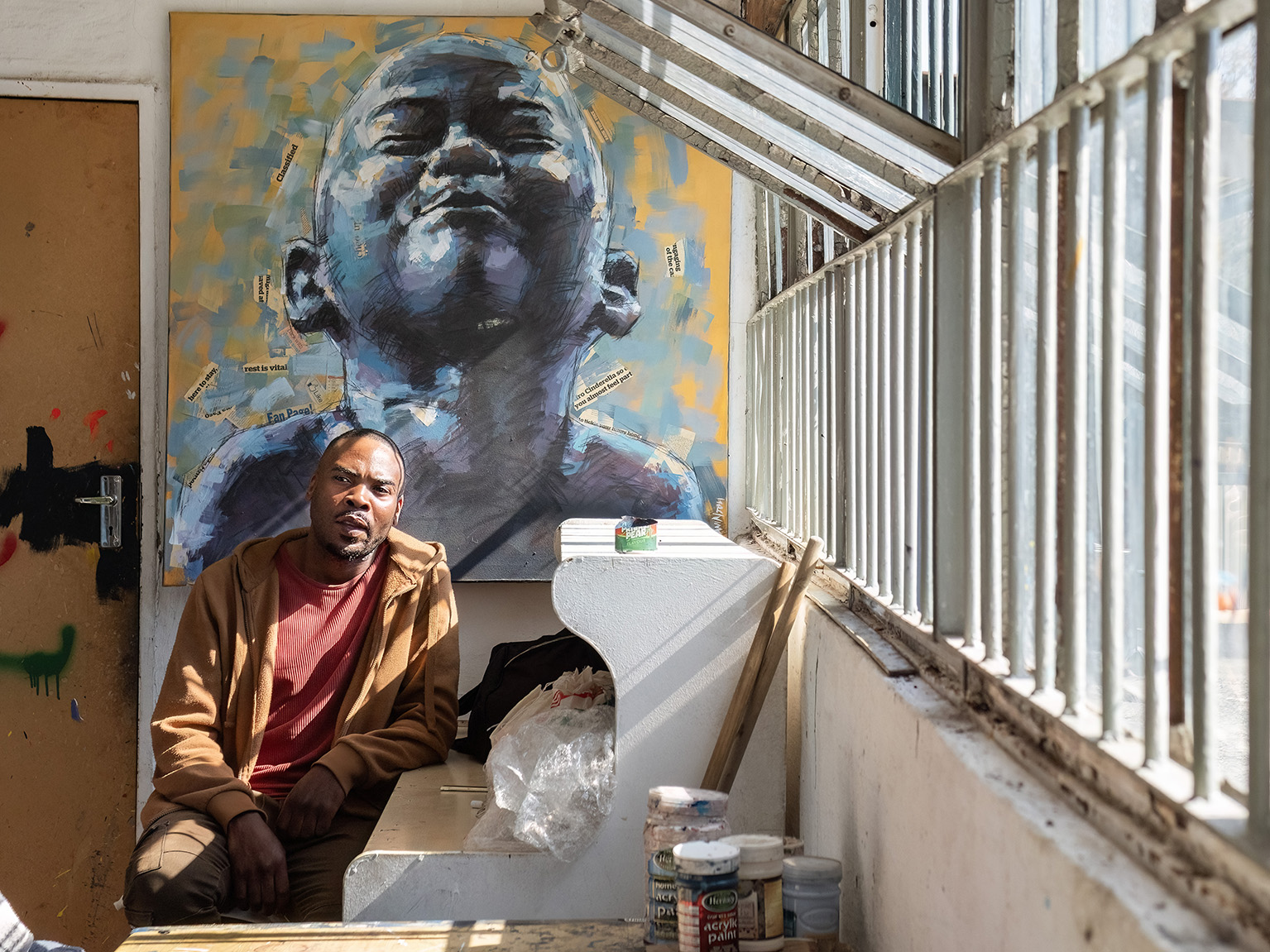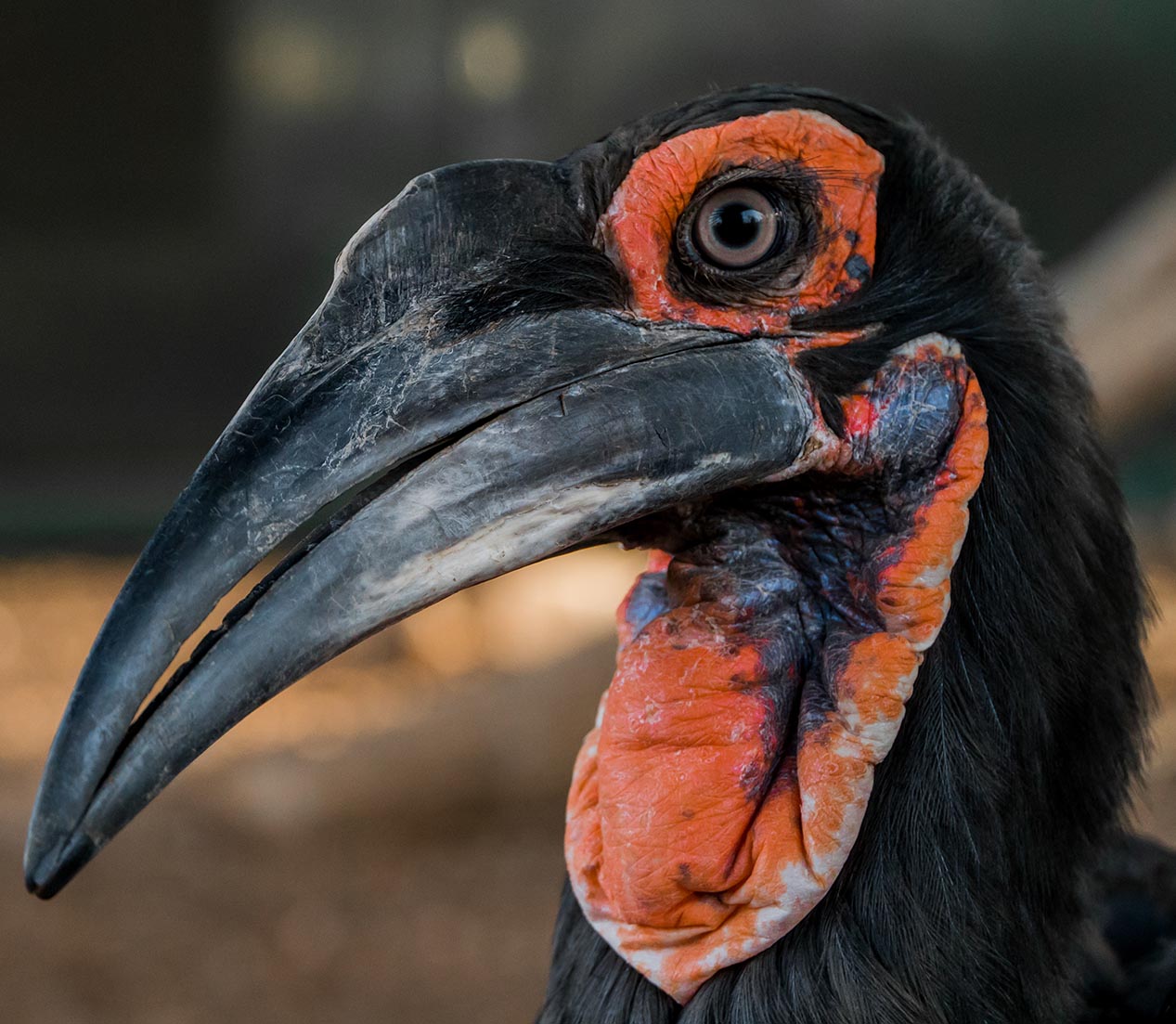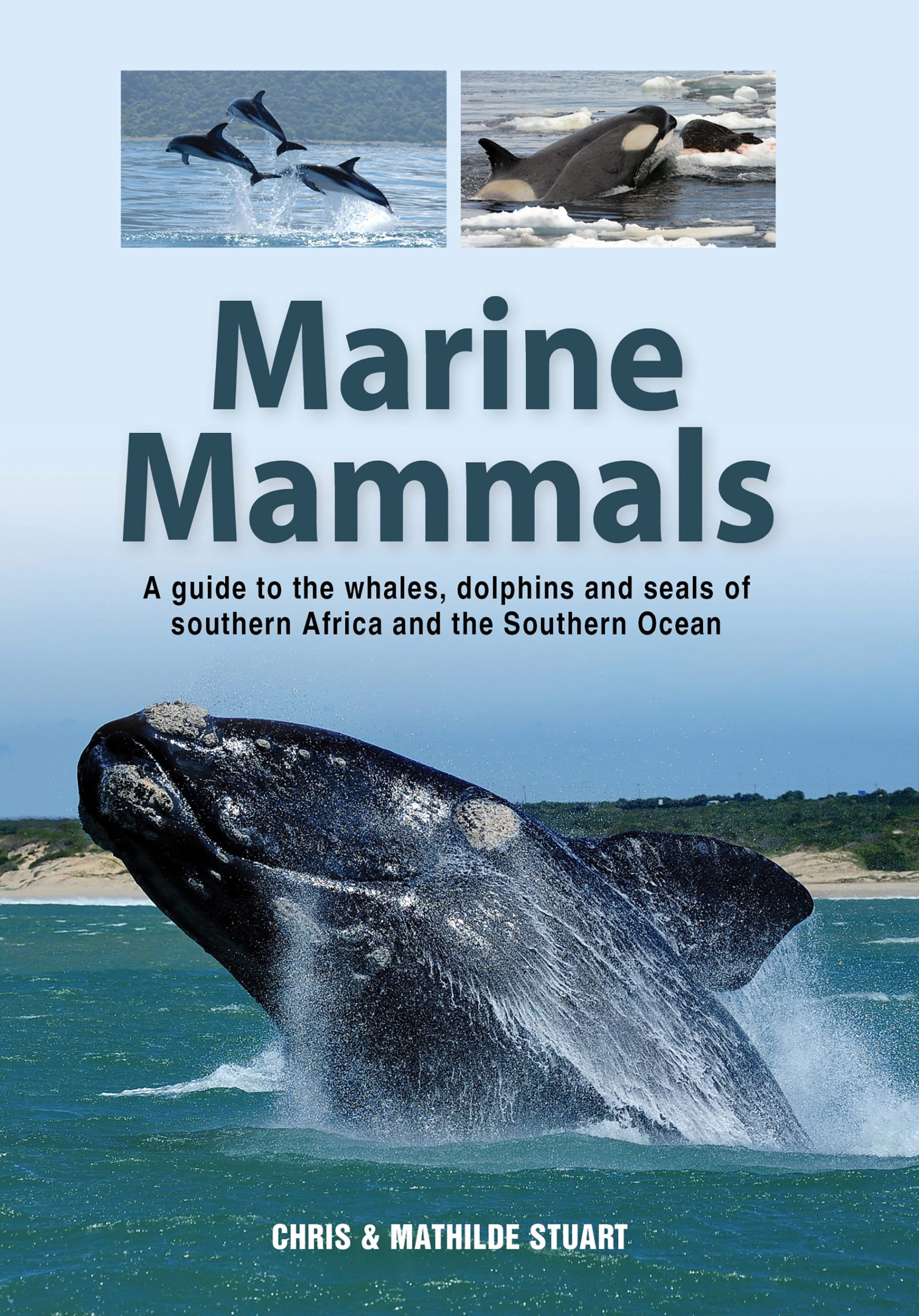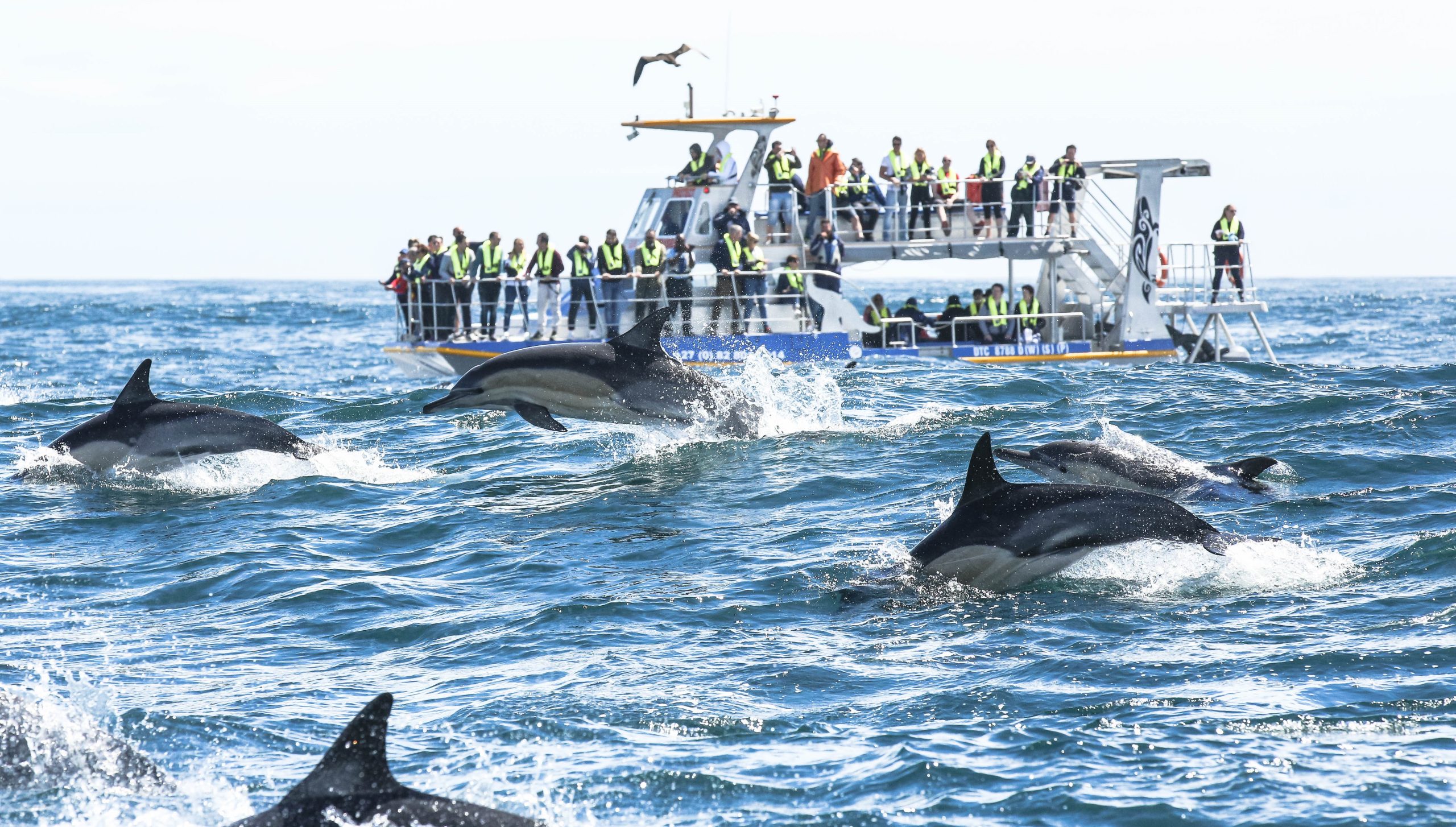
- September 30, 2025
- Editor
- 0

Celebrating 25 Years of Conservation
We talk to Wilfred Chivell, CEO and Founder of Marine Dynamics, Dyer Island Cruises, the Dyer Island Conservation Trust and the African Penguin & Seabird Sanctuary (APSS) as they mark 25 years of conservation.
Q: Where did your love for the ocean begin?
A: The sea has always been in my blood. I grew up in Gansbaai, right in the heart of the Marine Big 5 – great white sharks, whales, dolphins, Cape fur seals and African penguins. As a young man I spent my days diving on wrecks and spearfishing along our rugged coastline. The turning point for me came in 2000 with the Treasure oil spill off Cape Town, which leaked over 1,300 tonnes of oil into the ocean, coating tens of thousands of penguins. Seeing those birds struggle was heartbreaking. I knew I couldn’t stand by — I had to be part of the solution.
Q: Why focus on marine conservation?
A: Sir David Attenborough says it best: “The most important place on Earth is not on land, but at sea.” I’ve always believed that. We can’t keep taking without giving back. Instead of fishing or harvesting, I built a business model around non-consumptive ecotourism — whale watching and shark cage diving — that lets people experience marine life alive and thriving.
Today, Marine Dynamics sails a fleet of eight boats and supports about 130 jobs, which in turn support over a thousand people in our community. It proves you don’t have to exhaust the ocean to benefit from it — you can build an economy on protecting it. Gansbaai is the only place in the world where you can naturally see the Marine Big 5 in one trip — it inspires people to care.
Q: What moments stand out from these 25 years?
A: There have been highs and lows. Building the African Penguin & Seabird Sanctuary in 2015 is a highlight. It’s a world-class rehab centre where oiled or injured seabirds are treated and released. Watching a penguin or Cape gannet waddle back to freedom never gets old.
But there have been hard moments too — like seeing our great white sharks decline due to illegal fishing and habitat pressure. COVID-19 was another test: tourism stopped, our boats stayed docked and our conservation funding dried up overnight. But our team’s grit carried us through. Overcoming those challenges makes this milestone feel even more meaningful.
Q: What scientific impact are you proud of?
A: I’m proud that we turned our boats into floating research stations. By hosting researchers and collecting data during tours, we’ve contributed to over 30 peer-reviewed papers on everything from white shark behaviour to penguin genetics.
This science has real impact — it feeds into conservation policy. For example, our work helped secure a shark catch exclusion zone around Dyer Island in 2021, banning commercial shark fishing there. Seeing our research cited in government decisions shows that tourism and science together can drive change.

Q: What about conservation on the ground?
A: Education has always been central. Through programmes like DEEP, we’ve given thousands of local children ocean experiences they’d never have had otherwise. Recently, we took 500 learners to see David Attenborough’s Ocean documentary for free. You can’t care about what you don’t know — I truly believe that.
On the rescue side, APSS has saved hundreds of seabirds every year, often victims of oil spills or abandonment. Tourism revenue alone keeps APSS going — each rehabilitated penguin or cormorant helps stabilise a population under threat.
Q: Sharks have been in the news — what’s your take?
A: Globally, sharks are in crisis from overfishing and habitat loss. They are still being targeted by demersal longliners, and the KZN Sharks Board’s outdated shark nets and drumlines continue to kill thousands of non-target animals each year. That’s unacceptable.
I believe responsible shark tourism is part of the solution. Every cage diving trip shows people that sharks aren’t monsters — they’re wildlife worth protecting. And our operations help monitor white shark numbers and deter illegal fishing. Our collaboration with the government on the Shark Catch Exclusion Zone proves that tourism can influence policy. So while the headlines are worrying, I’m hopeful. Every tourist who comes to see a live shark is a vote for its survival.
Q: How does it feel to reach this milestone?
A: Emotional. I remember borrowing a truck to launch my first whale-watching boat — now we’re an award-winning operation with global recognition. Being honoured with the ATTA Marine Impact Award in London for our 25-year commitment was a proud moment.
But this isn’t just my story. It belongs to everyone who joined me — our skippers, guides, biologists, educators, volunteers, our restaurant and lodging partners, and every guest who chose us. When we celebrated at the golf course in Gansbaai, it was humbling to see so many old friends. There weren’t many dry eyes that day.
Q: What values do you hope you’ve passed on?
A: Respect — for the ocean, its wildlife, and each other. Conservation can’t be about profit alone; it’s about leaving things better than we found them. I hope we’ve taught people to pause and appreciate the simple wonder of a whale breaching or a penguin chick hatching.
Every guest or schoolchild who leaves here with more awe and a promise to protect these species — that’s our legacy.
Q: What’s next for Marine Dynamics, DICT, and APSS?
A: We’re not slowing down. We plan to expand our research to better understand the species we need to protect. Education-wise, we want to reach more children in remote areas through mobile ocean science units. Advocacy remains key too — we’ll keep pushing for better fishing practices and marine protection, and we’ll keep telling our story to the world. The mission remains: protect the Dyer Island ecosystem, one whale, shark, penguin or schoolchild at a time.
Q: Any advice for young conservationists?
A: Start where you are. You don’t need perfect timing or lots of money — you need passion and grit. I started with one boat and a dream. There will be setbacks — conservation is hard — but the rewards are worth it.
There’s nothing like releasing an oiled penguin back to the ocean, or hearing a child say they want to be a marine biologist because of something you showed them. So be bold and persistent. The ocean needs you.
Q: If you could wave a magic wand for the ocean?
A: I’d ban destructive fishing methods, scrap the outdated shark nets, and create thriving marine reserves around Dyer Island and other special places — with local communities as custodians. And I’d make sure every child has a chance to experience the ocean up close. You only protect what you love — so we need more people to fall in love with the sea.
Learn more: marinedynamics.org

